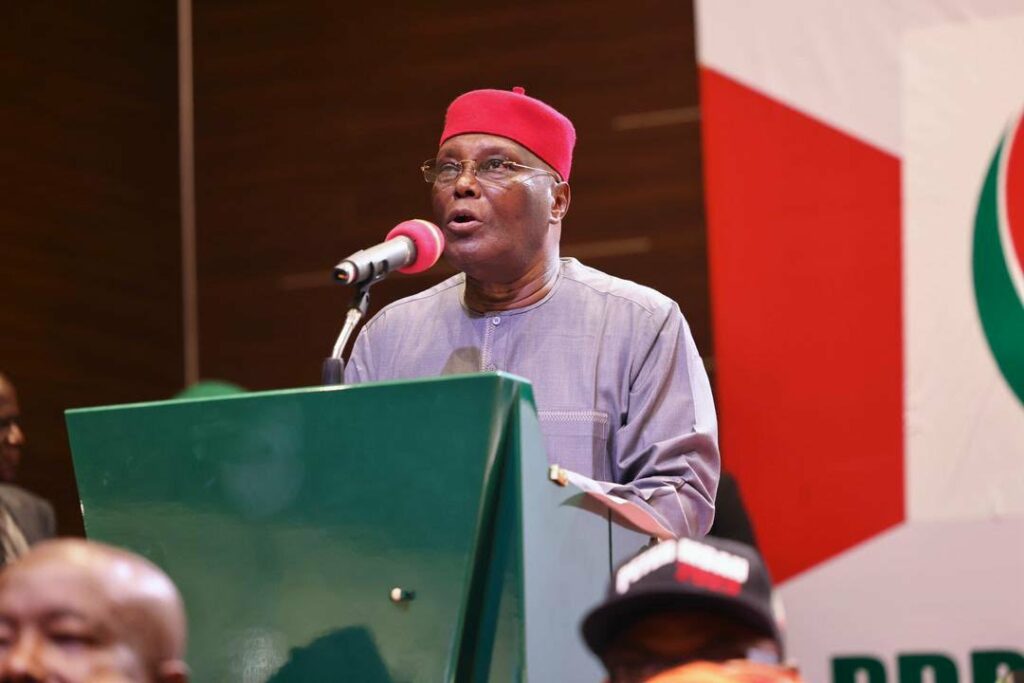- On fuel subsidy removal, Atiku confirmed his support for it, citing its administration as “opaque and rife with opportunities for corruption.”
- He highlighted the NNPCL as a major beneficiary of the status quo, describing the subsidy regime as a breeding ground for rent-seeking.
Atiku Abubakar, the Peoples Democratic Party’s presidential candidate in the 2023 elections, has reflected on his proposed reforms for the country.
He stated that they would have benefited from more thorough preparations and a comprehensive diagnostic assessment of Nigeria’s conditions if he had been elected president.
In a post on his X page on Sunday, Abubakar criticized President Bola Tinubu’s administration for removing the petrol subsidy, floating the exchange rate, and increasing the electricity tariff, describing these actions as excessive.
Abubakar emphasized his commitment to leading by example, eliminating revenue leakages, and streamlining government procurement processes.
He also proposed alternative approaches to conflict resolution, including diplomacy, intelligence gathering, and improved border control.
The former vice-president outlined his economic stimulus plan, which included creating an Economic Stimulus Fund with an initial investment capacity of approximately $10 billion to support Micro, Small, and Medium Enterprises across all sectors.
Abubakar clarified his stance on petrol subsidy removal, advocating for a gradual implementation approach, contrary to the sudden removal implemented by the current administration.
Regarding foreign exchange management, Abubakar suggested a managed-floating system, criticizing the fixed exchange rate system as unsuitable for Nigeria’s open, private sector-friendly economy.
What We Would Have Done Differently
I've been inundated with inquiries of what I would have done differently if I were at the helm of affairs of our country. I am not the president, Tinubu is. The focus should be on him and not on me or any other. I believe that such inquiries…
— Atiku Abubakar (@atiku) November 3, 2024
